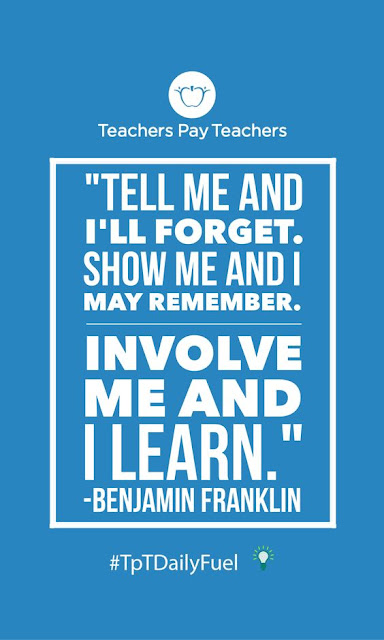Teacherscribe’s Teaching Tip #66
Stop innovating in schools. Please.
Here is a very interesting article from one of my favorite people in education today, Will Richardson, "Stop Innovating in Schools. Please."
This section is spot on -
But on balance, is all of this “innovation” really changing us?
Not so much. Our efforts at innovating, regardless of method, idea, or product, have been focused far too much on incrementally improving the centuries old structures and practices we employ in schools, not on fundamentally rethinking them. And the vast majority of “innovation” I’ve seen in my visits to schools around the world doesn’t amount to much change at all in the area where we need it most: using those new methods, ideas, or products to shift agency for learning to the learner. To put it simply, innovation in schools today is far too focused on improving teaching, not amplifying learning.
That sections reminds me of the acronym "SAMR," which applies to how teachers use technology in their classrooms.
S - substitution. Some just use technology to substitute another form of technology. An example would be listening to a novel on iTunes as you read it.
A - augmentation. Some just use technology as improve their curriculum a little bit more than simply substituting one tool for another. An example of this would be reading a book on a Kindle, which allows you to look up words or see what others have highlighted, instead of reading a book.
M - modification. Some use technology to actually enhance the learning experience. An example is using Google Docs to post discussion questions on that student can access any time and post responses. Another example is using a site like TED Ed to personalize any video related to your content.
R - redefinition. Some use technology to create a new type of learning experience that couldn't have existed previously. An example is using FaceTime or Skype to interact with an author or historian. Or using FaceTime or Skype to set up a question and answer session where students can FaceTime with a teacher on any homework problems they're having. Or how I have recently tried to redefine feedback on writing in my class is by using Google Drive to give immediate feedback on my students' writing as they compose in my class.
Most schools today are in such a rush to innovate that they forget not jus about whether the new tools (whether those tools be technology related or curriculum based) that they forget what kind of experience those tools are fostering for teachers and students.
What I love about Richardson's article is that he believes students need to stop adding new gadgets every couple years and get back to the real concept of education: creating life-long, passionate learners by FIRST finding out what turns them on and they enjoy. We examine their curiosities and questions. THEN we use that passion and energy as a bridge to what we have to offer them.
I believe if you do that correctly, it doesn't matter if every single student in your school has a MacBook Air, a Chrome Book, a Kindle, or just a tablet . . . they will have something far more important - a passion and desire to learn. Sometimes we have that backwards - we often think the newest gadget is going to poster that passion and desire to learn . . . which it doesn't because that was never there in the first place.
In this way, the gadget just become yet another distraction.


No comments:
Post a Comment